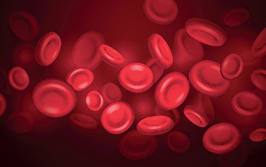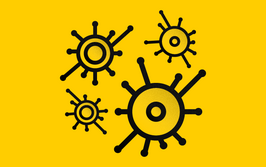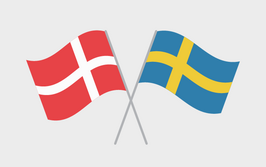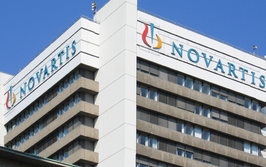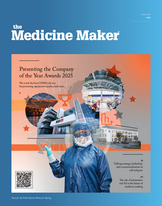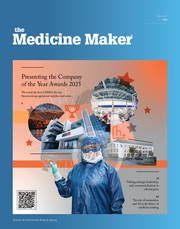
It’s In the Water
Do pharmaceutical manufacturers need to do more to prevent drug products entering our water sources?
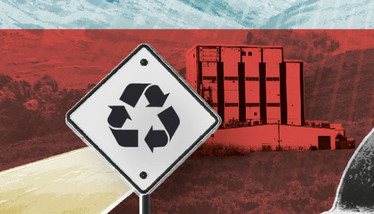
At the heart of any drug product is the API – the ingredients that give drugs their effects. They are designed to be robust and to not succumb to degradation, but if a drug product is built to last, what does that ultimately mean for our environment? Estimates show that the US market fills upwards of four billion prescriptions for pharmaceuticals each year, many of which eventually end up in water supplies (1). This type of contamination, according to Hector Garcia, Senior Lecturer in Wastewater Treatment Technology at IHE Delft in the Netherlands, can be found “even in very low concentrations” in “almost any water source”.
“The ecological effects of certain drug products was established more than 15 years ago. A pertinent example is the feminization of fish,” Garcia explains. Despite the awareness raised about the problem almost two decades ago, the issue is still pervasive. Many drug products exhibit endocrine disruptive properties with ramifications for human health too. Some products are also able to mimic hormones and could be associated with obesity, certain types of cancer and reproductive health issues.
Garcia argues, however, that the blame for the ever-growing issue cannot be placed at the feet of the pharmaceutical industry. “The crux of the issue is that as these compounds cannot be biodegraded; when we flush the toilet, these compounds end up in the sewer and they simply pass into conventional wastewater treatment processes partially removed or not removed at all; therefore, they end up in watercourses.”
The problem, Garcia explains, is at the municipal level in many regions of the world as they do not have basic wastewater treatment systems, causing them not only to struggle with basic sanitation, but also not removing any of any fraction of these compounds. “Though pharmaceutical manufacturing may add to the problem, reducing the presence of drugs in from treated and untreated wastewater discharges must be come an imperative for us all, though the cost associated with this may hinder the progress we, as a global community, can make.”
Garcia believes that if the industry can commit to ensuring its use of good practices (which include committing to cleaner production strategies and constructing state-of-the-art industrial wastewater treatment plants that can achieve almost 100 percent efficiency when removing such compounds from their effluent discharges), very little contamination should come from manufacturing sources. Some companies are already proving how proactive they are in addressing the problem of pharmaceuticals in the environment through their adoption and implementation of technologies for the removal of such compounds from wastewater. “Processes such as advanced oxidation, membrane filtration, carbon activation, as well as a combined approach are quite effective for the removal of such compounds,” says Garcia. “It has been encouraging to see a great many pharmaceutical companies so heavily involved in the implementation of environmental and social responsibility standards sometimes going beyond the local regulations of the region where they are situated.”
- J Dady et al. “A Method for Developing Rapid Screening Values for Active Pharmaceutical Ingredients (APIs) in Water and Results of Initial Application for 119 APIs”. International Journal of Environmental Research and Public Health. 2018.
After finishing my degree, I envisioned a career in science communications. However, life took an unexpected turn and I ended up teaching abroad. Though the experience was amazing and I learned a great deal from it, I jumped at the opportunity to work for Texere. I'm excited to see where this new journey takes me!


